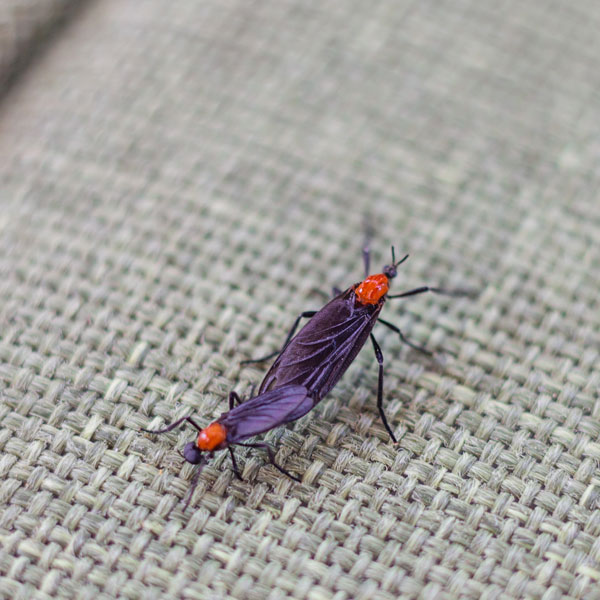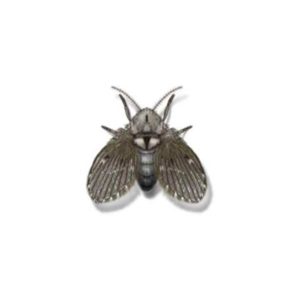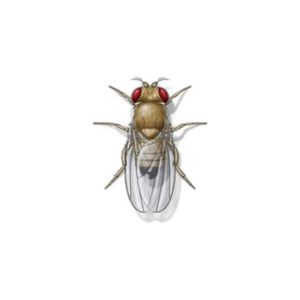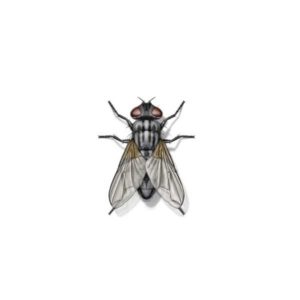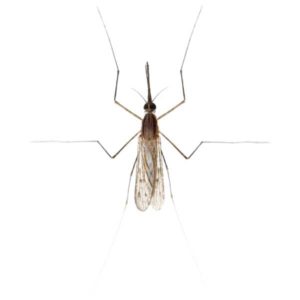Lovebugs in Anaheim
Lovebugs earned their name because they’re frequently spotted in pairs, often appearing ‘stuck’ together during mating. These insects are closely related to gnats and sand flies, and they tend to gather in sizable swarms. You’ll usually encounter them in late spring and summer when the female lovebugs emerge. During this period, they can become quite bothersome as they invade homes, create messes on vehicle windshields and hoods. They may also wind up in the mouths of cyclists or joggers while outdoors.
Lovebug Habitat
Lovebugs, like many insects, thrive in dark and damp environments. When searching for a suitable spot to lay her eggs, female lovebugs prefer moist locations with plenty of decaying organic matter that can serve as a food source. These insects mainly feed on things like compost, rotting grass, and other decaying plant material. If your home or business is located near an area known for lovebugs, you’re at a higher risk of experiencing an infestation; additionally, excess moisture in your basement or other rooms could encourage these pests to settle in.
Lovebug Behaviors, Threats, or Dangers
While lovebugs don’t pose a threat by biting humans or pets, they can create issues for homes and cars. These insects have an acidic body chemistry that can be particularly damaging to the paint on vehicles, especially when exposed to sunlight. If large numbers of lovebugs die on windshields, radiator grates, or car hoods, they can become extremely stubborn to remove without causing damage to the vehicle’s finish. If you’re dealing with a lovebug problem on your property, it’s best to contact local exterminators for assistance.

